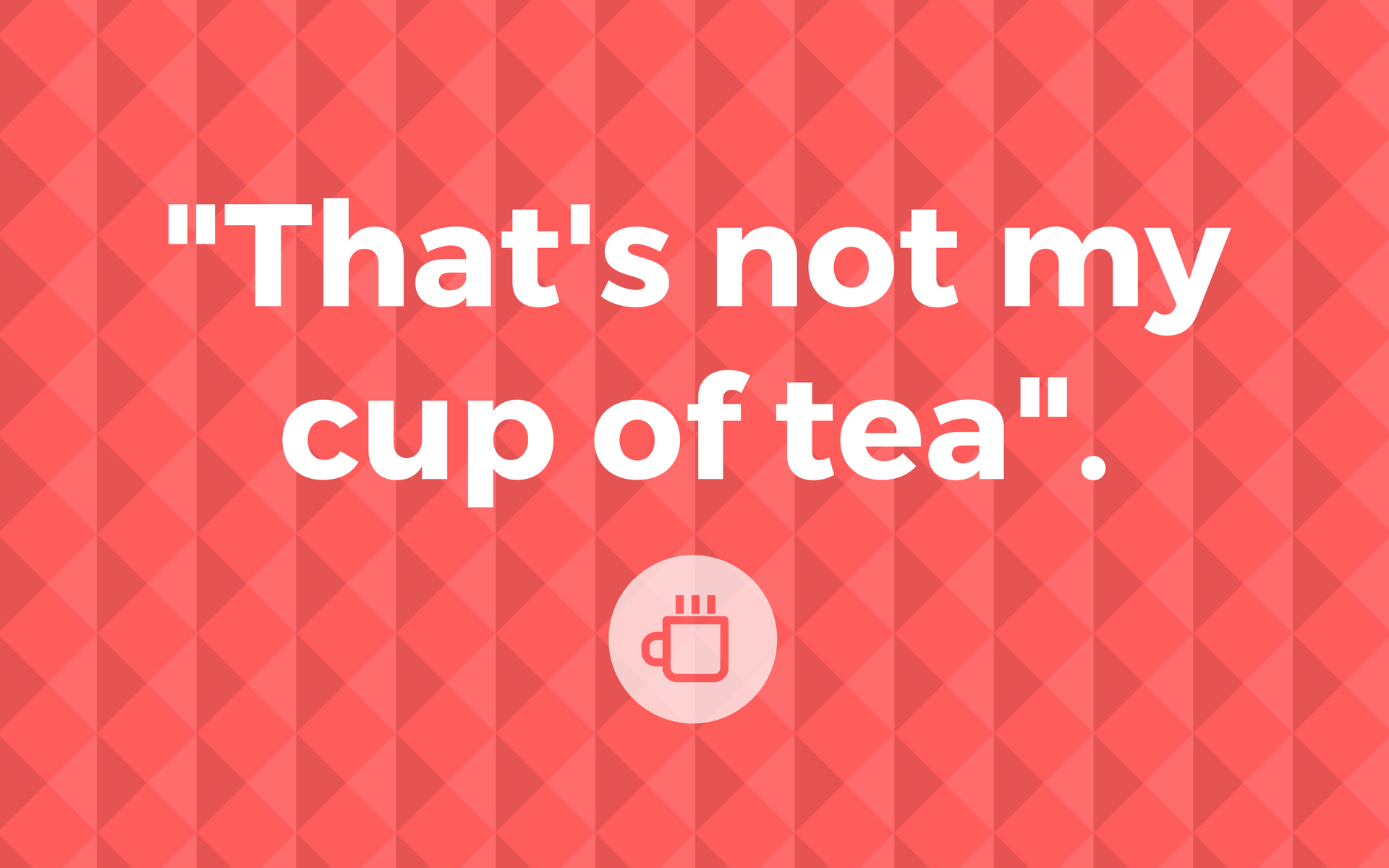
What are idioms and why are they important to achieve fluency?

Idioms are expressions that help us describe an exact situation in a different, more creative way. They share cultural and historical information and broaden people’s understanding of a language. Idioms build up some distinctive features which can differ from one language to another. And what’s more interesting, idioms can sometimes reflect certain cultural traditions and personalities.
But there’s more:
Idioms were coined to communicate a specific and usually quite precise meaning for which there is no exact word. The clever or creative ones tend to be memorable, and what’s memorable gets repeated in meme-like fashion.
As an example, let’s say your best friend has just had his first day of work and he’s already having trouble with his new colleague which seem not to like working with him. Now you could try to cheer him up saying: “Relax! The issues you’re having are not as big as you think, I’ve been through kind of the same issues in my first job and it didn’t end up being that bad”. Or you could just say: “Relax! Those issues are just a storm in a teacup, you’ll be OK”.

So why are they important for fluency?
As you’ve probably noticed idioms help us express the exact same idea in a more efficient and creative way. And let’s not forget that idioms are not just a shorter way to say the same thing, they truly enrich our language , usually they add concise precision that alternative wording doesn’t have. Sometimes they’re the only expression for that exact idea.
Related: Why language and culture are inseparable
To sum up:
1) Idioms help us say many things with just a few words.
2) They help us enrich our language, they are nicer to listen to and make the conversation less monotonous and more funny.
3) Idioms are often used by native speakers, so if you wanna sound like one, you should start using them.
4) Idioms help us be more confident with our target language and thus be “As cool as cucumber”.
“Be cool as a cucumber” Ever heard about this funny idiom? 😂 #languages #funny #idiom pic.twitter.com/8fntoBGK8n
— Digital Polyglot (@hellopolyglot) 22 de junio de 2017
So, the next time you have a conversation with a native speaker try to surprise him/her using the right idiom for the occasion 😀
Short from idioms in English? We’ve compiled the 21 most-used idioms in English language. Click here to download them for FREE.
If you are here you’ve probably learnt something today, and that makes us very happy! If you have anything to say please leave your comments below and we’ll make sure to answer ASAP!







